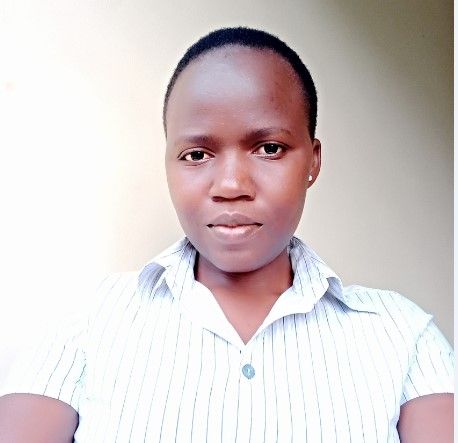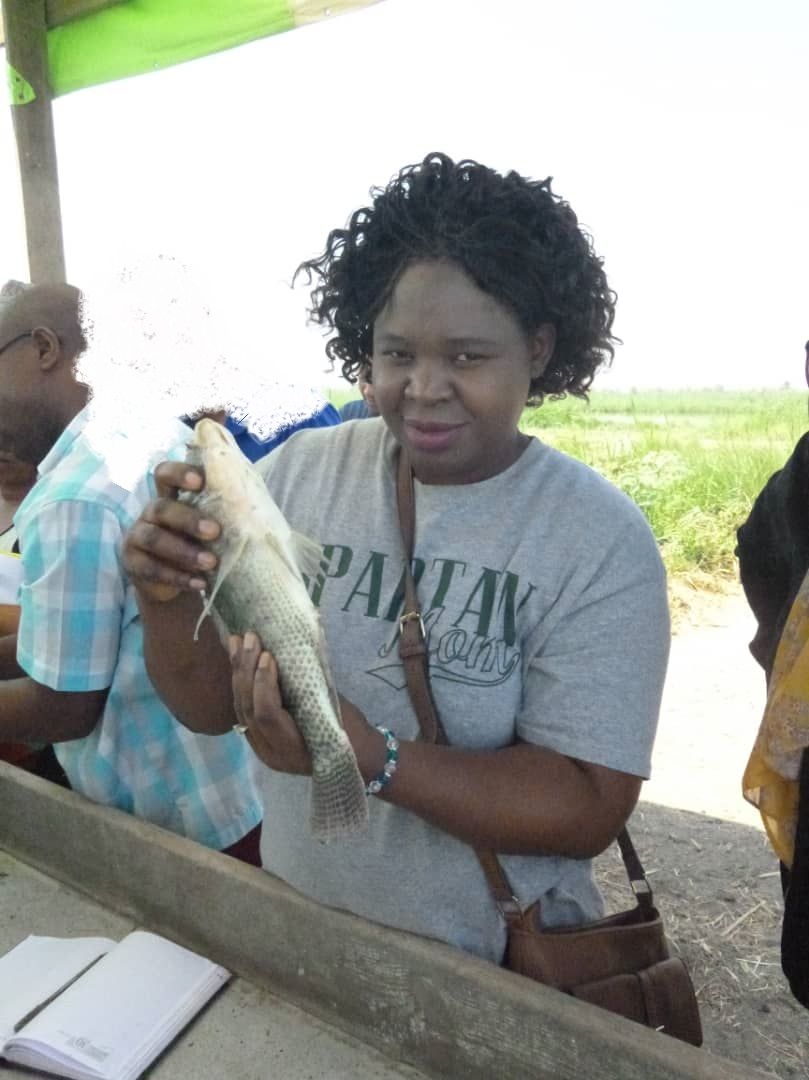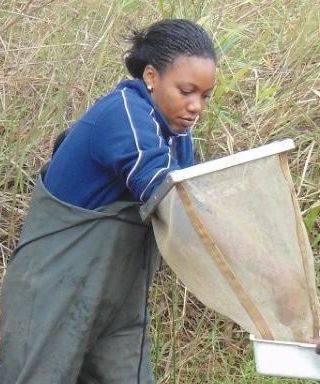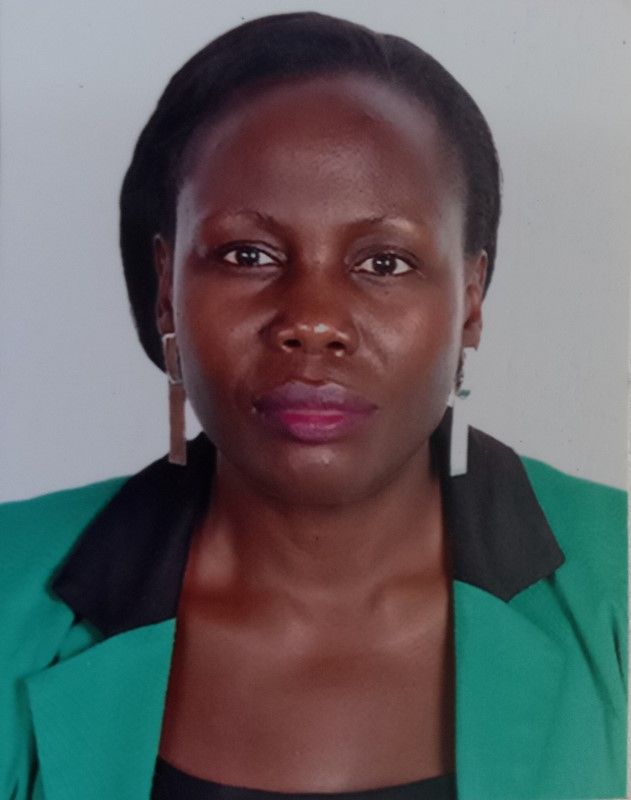The Alliance for African Partnership (AAP) is proud to support the African Women in Science campaign by the African Center for Aquatic Research and Education. Four women from various AAP member institutions have been selected to take part in the program, which aligns with AAP's goal of addressing the gap of African women in the sciences. The program seeks to enhance the participation of women scientists through the creation of a comprehensive, long-term, collaborative network of freshwater experts.
The first component of the program is sending a group of promising students and early career researchers to the International Association for Great Lakes Research Conference in Winnipeg, Canada. Here, each participant will give oral presentations on their areas of research, attend networking events with academic, managerial, and policy experts from global freshwater community, and visit regional research facilities to further their exposure to research being done around the world.
The four participants from AAP member institutions are:
Christine Nyagaya Owino is a Kenyan, currently pursuing a 

Madalitso also conducted a research on the “Effect of seasonal variations and mesh sizes on the estimated length at 50% maturity of fish from Lake Kariba for her MSc degree at University of Bergen in Norway. She has also been involved in a WorldFish and World Vision project on “Developing creative approaches to fight HIV/AIDS in the fisheries sector in Malawi” in partnership with the World Bank and the International Monetary Fund. She has also been a team member for the CTA project on Technology Innovation System for the Fisheries and Aquaculture sub-sectors case study in Malawi.
As a fisheries scientist, Madalitso has a passion to contribute towards natural resource management (fisheries), food security and poverty reduction in Malawi through sustainable use of fisheries resources. She loves to see herself as a person who can provide solutions to the problems that are being faced by the fisheries sector in Malawi.
Outside my career as a fisheries scientist, Madalitso is a wife and a mother of three boys. She comes from a lake district called Mangochi in Malawi (probably one of the reasons she got interested in fisheries). She likes cooking and travelling and her favorite travel destination is Japan. Her favorite sport is netball and she likes listening to traditional gospel music.

Dr Lulu Kaaya is a Lecturer in Freshwater Ecology in the Department of Aquatic Sciences and Fisheries Technology at the University of Dar es Salaam, Tanzania where she teaches limnology and watershed management. She is also a lecturer of stream ecosystems concepts and streams integrity assessment in the International Joint Master’s degree in Limnology and Wetland Management Programme (Boku University-Austria, Egerton University-Kenya and UNESCO-IHE, The Netherlands).
Dr Kaaya has been doing research in the rivers and lakes of Tanzania since 2005. Her research area cores around the ecological role and functions of freshwater ecosystems in the management of water resources. She has been providing professional consultation on the integration of ecology into watershed management approaches in Tanzania i.e. Environmental Flow Assessments, River Health Assessments and establishment of integrated water resources management and development plans. Her PhD thesis titled “Biological Assessment Of Tropical Riverine Systems Using Aquatic Macroinvertebrates In Tanzania, East Africa” provides a detailed analysis of bioassessment from the regional perspective. She has published seven peer-reviewed articles based on freshwater ecosystems of Tanzania, supervised seven masters students in the area of aquatic sciences and conducted several outreach programmes on bioassessment.
On a personal note, Dr Kaaya is a wife, mother of four, loves nature and sports (swimming and running), enjoys gardening and making new contacts. She is also a Rotarian.

Learn more about the African Women in Science campaign and the African Center for Aquatic Reearch and Education, along with what AAP is doing to support women researchers.